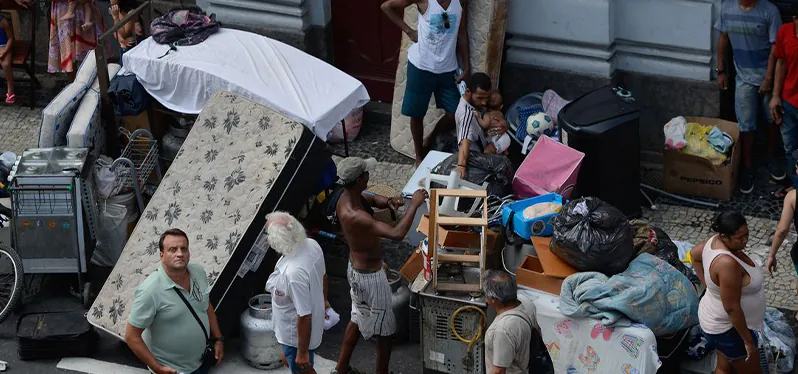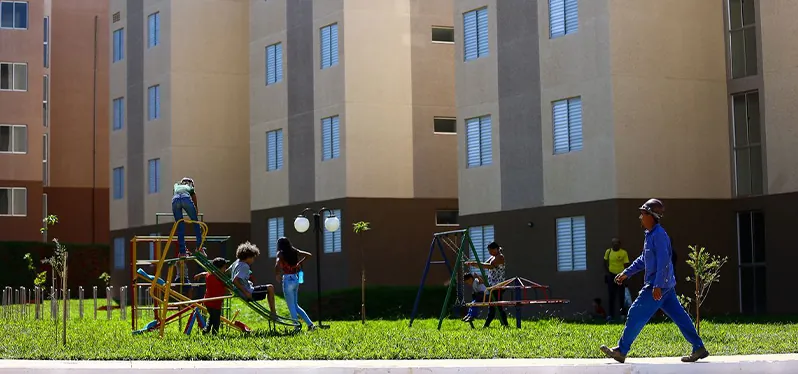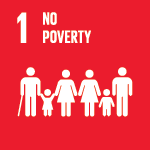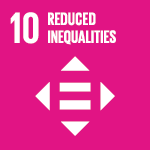Posted in: 08/21/2023
Access to housing in Brazil is everyone’s right, but there are challenges that impact the application of this right. About 33 million Brazilian men and women have nowhere to live or live in precarious housing , according to a report by the United Nations Program for Human Settlements (UN-Habitat) .
At the other end of the housing numbers, the country registered more than 11 million vacant homes , according to the 2022 Census , an increase of 87% in 12 years. And, in addition to access to housing, the Brazilian population suffers from a lack of decent housing. The city of São Paulo alone has almost 600,000 properties without residents and more than 400,000 families without decent housing .

In 2020, the Brazilian Institute of Geography and Statistics (IBGE) showed that there were more than 5 million homes in precarious conditions , which are characterized by irregular urban patterns and lack of water supply , garbage collection, sewage disposal or Energy supply.
The state of Amazonas is the one with the highest proportion of precarious residences. In relation to the total number of homes in the state, 34% of the homes are in substandard conditions. Mato Grosso do Sul is the state with the lowest proportion , 0.74%.
To promote access to adequate housing in the country, experts reinforce the importance of public housing policies , which provide access to decent housing for the entire population, also providing access to essential services , such as education, basic sanitation and health.
The creation of housing programs has been an alternative to minimize the Brazilian housing crisis . The Minha Casa, Minha Vida (MCMV) program , also known as Casa Verde e Amarela , has, since 2009, worked to combat the lack of housing for the low-income population.
With the program, families with lower purchasing power and from risk areas have guaranteed access to adequate housing based on lower interest rates and better payment conditions .

In addition, there are government programs for decent housing that, through support to municipalities and states , develop integrated actions for access to housing.
In addition to support for housing, families also need help in the process of integration into the new residence , as was done by Synergia at Conjunto Habitacional Lavras , in Guarulhos (SP).
On that occasion, work was carried out to mediate conflicts and assist 600 families removed from areas affected by floods or resettled due to the construction of Parque Várzea do Tietê – work that included the Lavras Housing Complex , part of the “Minha Casa, Minha Casa” program. Life”.
Actions like these ensure a better relationship with and between communities, encouraging community organization and local social development .


Sign up and receive our news.